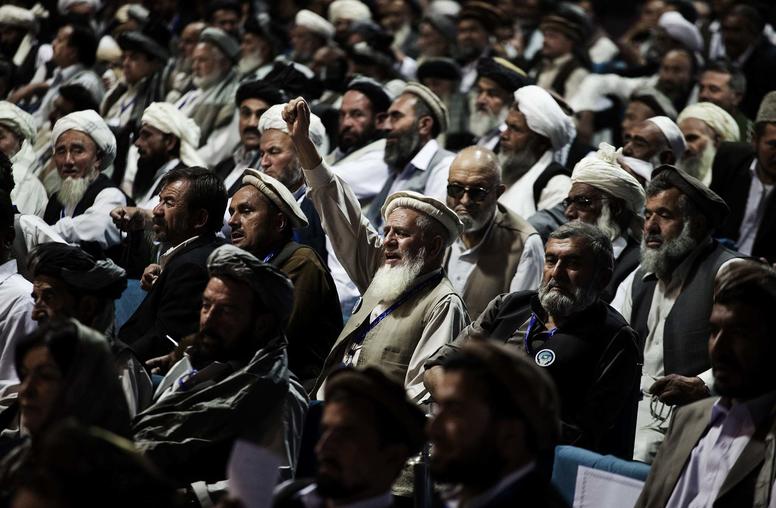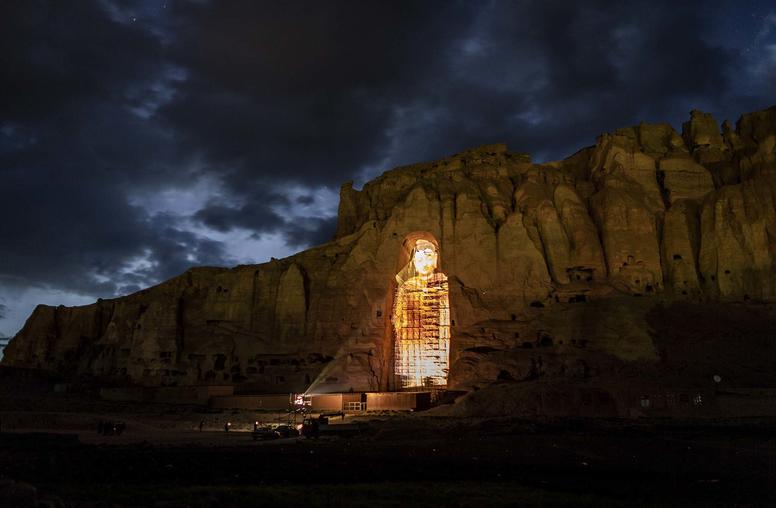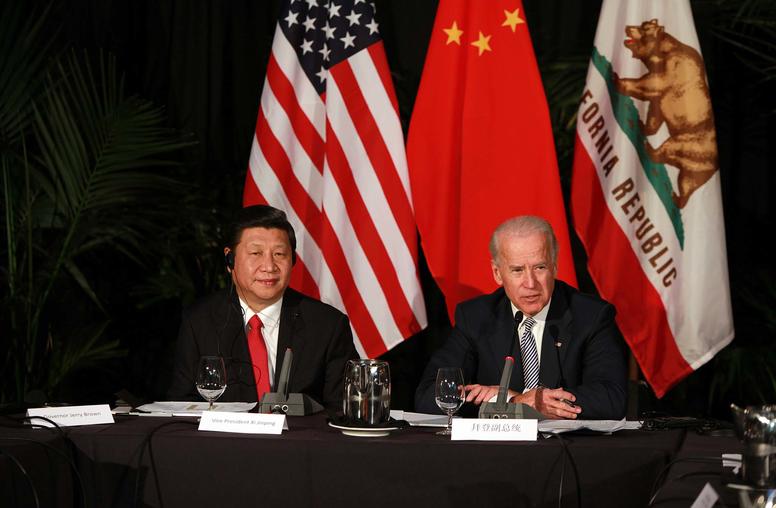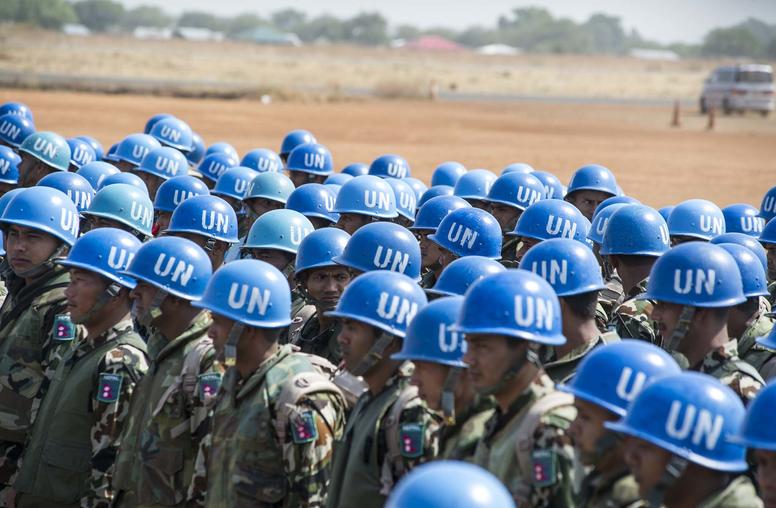Publications
Articles, publications, books, tools and multimedia features from the U.S. Institute of Peace provide the latest news, analysis, research findings, practitioner guides and reports, all related to the conflict zones and issues that are at the center of the Institute’s work to prevent and reduce violent conflict.

A practitioner's discovery: ‘cultural respect’ is not enough
Any relationship is shaped by a first meeting. To prepare those encounters, USIP trainer and cross-cultural expert Stephen Moles suggests we go beyond what’s in the rule books. Stephen suggests an approach for this work that he’s built from experience in more than 65 countries.

Building cross-cultural trust, even in the face of extremist violence
How do we build trust across cultural divides? USIP’s Leanne Erdberg Steadman has spent years seeking trust across the most painful of chasms—with former violent extremists in the Middle East and Africa. She shares a story of what she’s learned.

The Benefactor’s Dilemma: Am I helping? Or am I wielding power?
Tom Price has built a career helping marginalized communities—from Native American tribes to hurricane-ravaged towns to locales facing the Ebola virus in Liberia. He warns himself, and us, against the temptation of the outside benefactor to imagine that, because we have resources and privileges, we also have the solution to a community’s problem.

As cultural outsiders, we are given a pass. But, should we take it?
We accept our need to show cultural respect. But Brazilian psychotherapist Kerley Most says West Africa taught her the difference between learning a culture and absorbing it. She notes the extraordinary value of correcting our mistakes. While as guests we’re often given a pass on cultural norms, that’s a privilege we should try to decline.

Connecting with others means seeing them. Labels get in the way.
People’s identities are multi-layered—giving us various possible points of connection with another person. Stereotypes obscure those possibilities, as Afghan Taliban negotiators found when they talked with an Indian-American Muslim diplomat named Tamanna Salikuddin. Tamanna tells how she seeks individuals’ identities to build the trust for negotiations.

To open a ‘problem-solving space,’ honor the group—and the person
Cuban-American-European mediator Juan Diaz-Prinz says cultural competence means understanding not simply cultures but people and their values—honoring both a community and an individual. It means creating a space with another person in which they can safely talk about problems and seek ways with you to address them.

Afghan Peace Talks: Could a Third-Party Mediator Help?
At present, the Afghan peace negotiations (APN) between the Afghan government and the Taliban do not involve any third-party presence beyond hosting and supporting roles. The parties to the conflict and members of the international community might consider the benefits of a neutral, third-party mediator to help resolve the impasses that have dogged and delayed the negotiations so far. While the presence of a mediator does not guarantee success, there are very few examples of a significant peace agreement that has been reached without some sort of third-party facilitation or mediation.

Missing Piece of the Puzzle: Preserving Religious Diversity by Protecting the Past
The United Nations General Assembly in January adopted a noteworthy resolution, “Promoting a Culture of Peace and Tolerance to Safeguard Religious Sites,” highlighting the often-ignored nexus between protection of cultural heritage and preservation of religious pluralism and peaceful coexistence. The resolution’s aims are broad, calling for “strengthened international efforts to foster a global dialogue on the promotion of a culture of tolerance and peace at all levels.” But it also mandates the U.N. secretary-general to convene an international conference focusing on the “United Nations Plan of Action to Safeguard Religious Sites.”

Six Challenges for the Biden Administration’s China Policy
Last week, President Biden held a call with General Secretary Xi Jinping, China’s paramount leader. They reportedly talked for more than two hours, a length that, combined with the call readouts, suggests a weighty and potentially heated conversation. Ties between Washington and Beijing have become strained in recent years as the world’s two biggest powers locked horns over geopolitics, technology, economics, and values. Bilateral relations have entered a new and more difficult phase—even as the global environment is characterized by many pressing issues that would benefit from cooperative efforts to address them. In this context, U.S. policymakers will face six major challenges in dealing with China.

How the Biden Administration Can Revive U.N. Peacekeeping
When American politicians want to temper voter’s concerns over U.S. military commitments overseas, many employ perhaps the most worn-out foreign policy cliché: “The United States cannot police the world.” After all, the United States has neither the capacity nor a compelling national interest in putting boots on the ground to resolve every global crisis. But, this begs the question: Who will step forward when boots on the ground are needed?